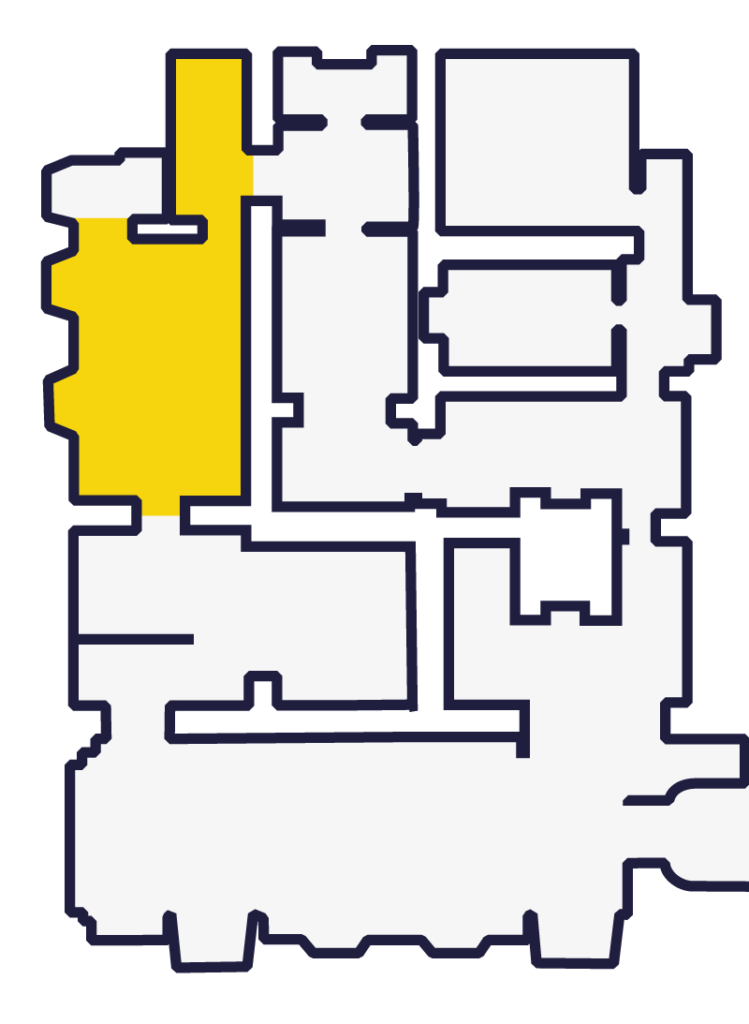Italo Svevo
Italo Svevo was not called Italo Svevo. His real name was Ettore Schmitz. But he went down in history with the pseudonym he chose. Italo Svevo was a fine artist and an innovative writer, in many ways revolutionary. A bank clerk and an industrialist, Ettore Schmitz, a family man, an attentive towards his family and commercial interests.
His whole story and figure are doubled, reflected in a somewhat opaque mirror that makes the image uncertain, but also vibrant with interest. The same birth name, Ettore, is a non-homologous version of the original Hector found in personal documents, and preannounces the double nature of the pseudonym which indicates both the “Italian” and the “German” (Svevo = Swabian) side of his education and his soul.
But Svevo was also Jewish (by birth and culture, while remaining serenely atheist) and Catholic (by marriage and a strong empathetic feeling towards his wife Livia), in the same way that he was also a socialist (in his youth) and a liberal (later), irredentist and pacifist, ironic and dark, and both optimistic and pessimistic at times (paraphrasing the title of one of his essays).
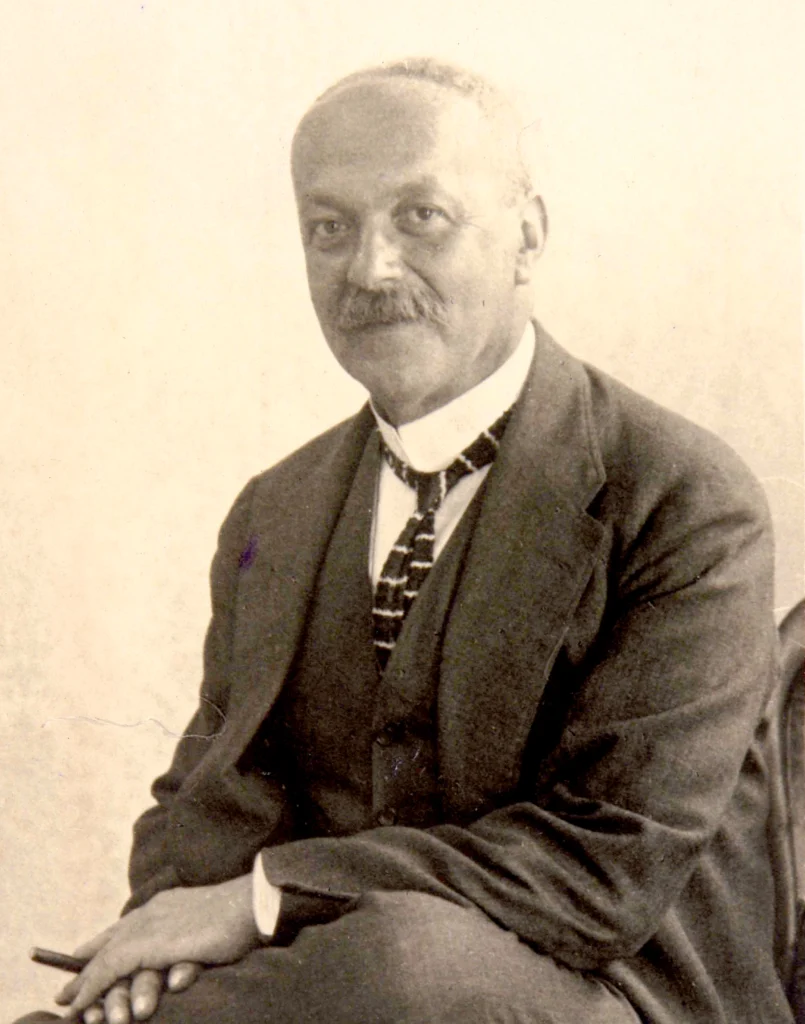
His characters – both autobiographical and invented – are, in turn, double as well. Alfonso Nitti, the protagonist of Una vita (“A Life”), seeks a career and marry the rich Annetta, but also wants to return to countryside hometown, and live “hidden” in accordance with his philosophy. Emilio Brentani, the anti-hero of Senilità (“Senility”), sought to enjoy a fresh and disengaged adventure with the beautiful Angiolina, but also wants an ideal love with an ideal woman, the fruit of his imagination. Zeno Cosini, from the Coscienza (“Zeno’s Conscience”), presents himself through his eternal U.S., (Ultima Sigaretta =“Last Cigarette”), a metaphor of the ever uncertain personal maturation of a character who both wants, and does not want, to stop smoking, wants and does not want to grow up.
Svevo's living room
Italo Svevo’s bookcase
The cabinet, manufactured in Trieste in the second half of the 19th century, bears the monogram of the writer engraved on the doors: the interlaced ES initials. The valuable glasswork may be related to the glass trade enterprise of Francesco Schmitz.
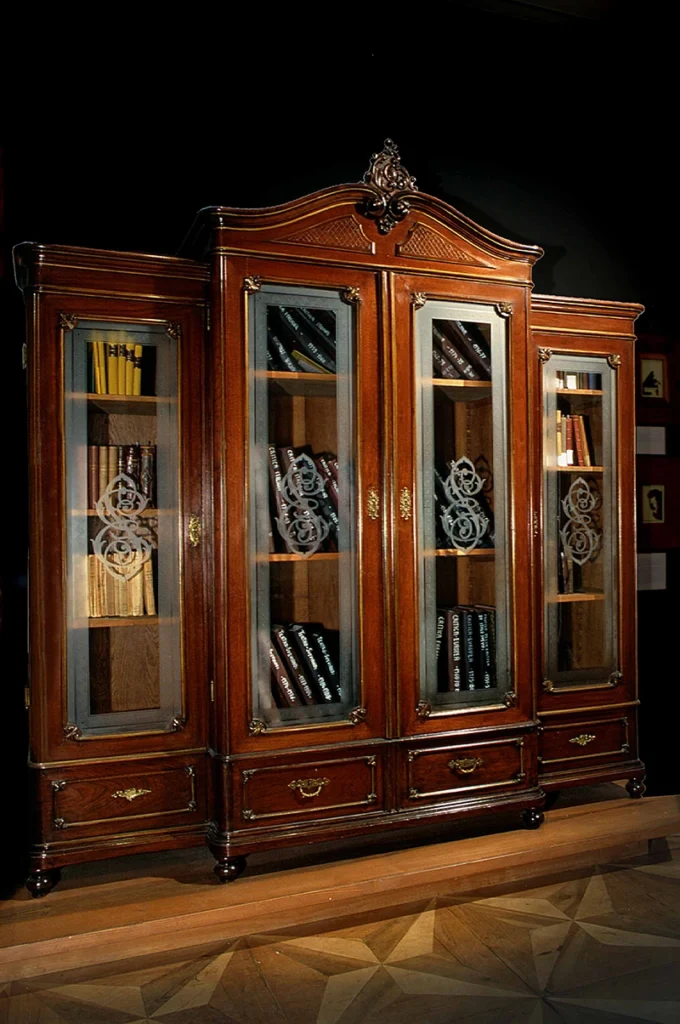
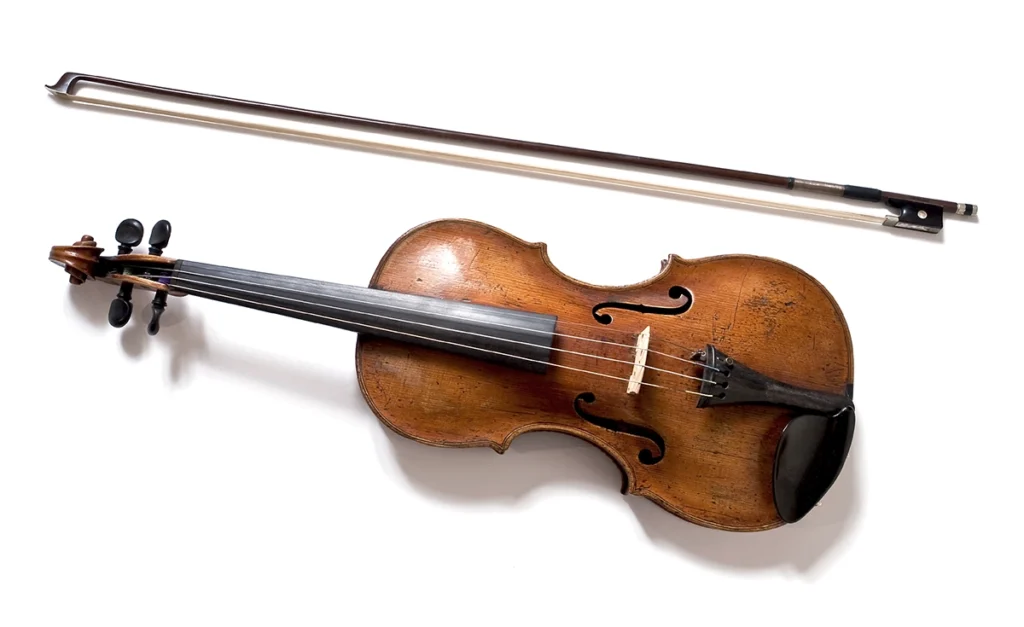
Svevo’s violin
Inherited from his brother Elio, it is the instrument on which the writer loves to practise and with which he takes part in home concerts in quartets. The violin is often mentioned in his letters and several of Svevo’s literary characters are musicians.Advertising plate of Gioachino Veneziani S.A
It depicts an advertising illustration created by the draughtsman Pollione Sigon, employed at the art cabinet of the famous Modiano company in Trieste, manufacturer of cigarette papers and playing cards.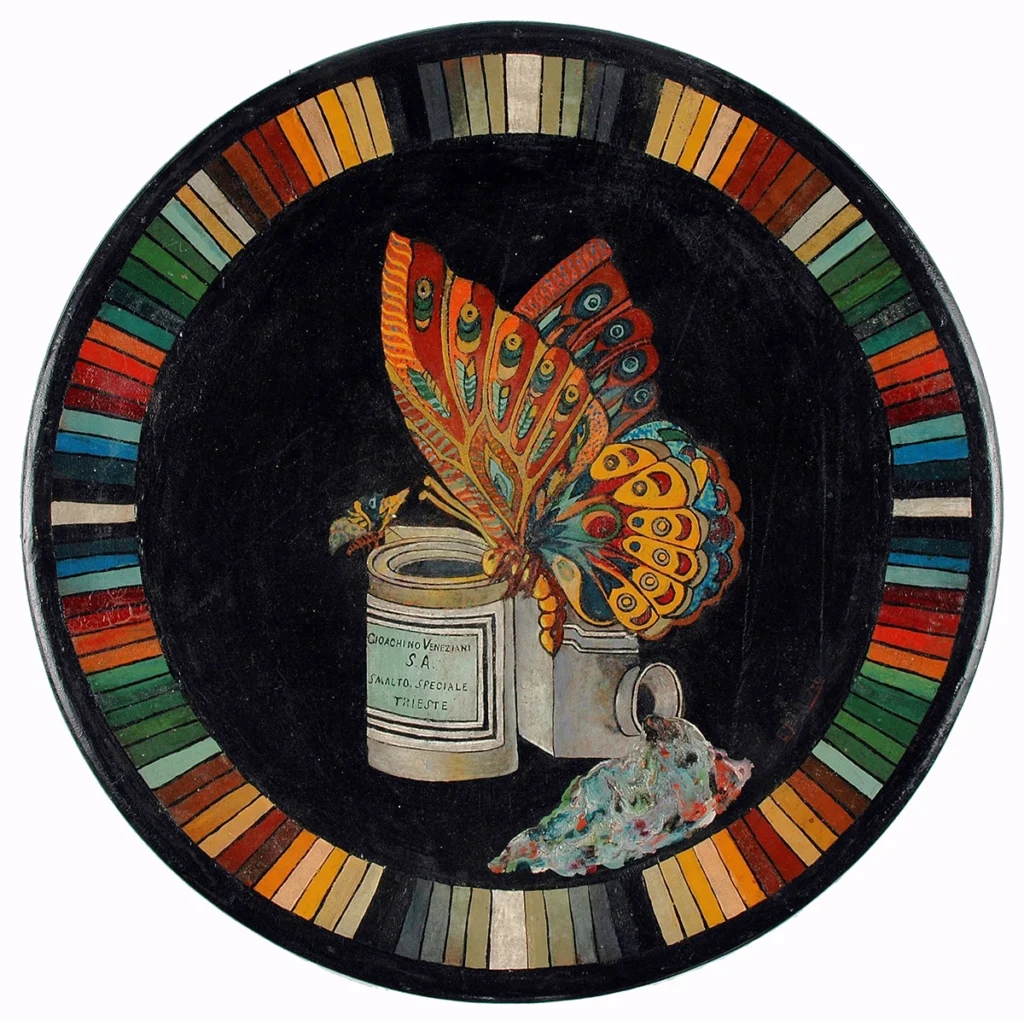
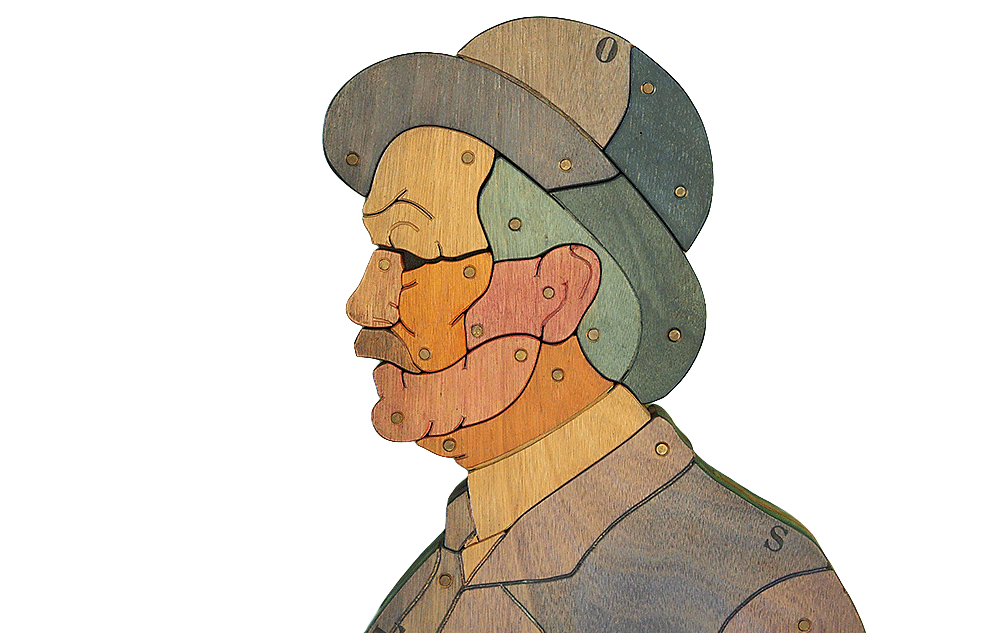
Italo Svevo
[Bruno Chersicla, 1983]
La scultura in legno policromo di Italo Svevo a grandezza naturale al Museo Sveviano fu realizzata dall’artista triestino Bruno Chersicla nel 1983. La testa della scultura è costituita da tasselli in legno uniti da perni snodabili. Qui entra in gioco l’aspetto ludico e ironico dell’artista Chersicla, che si divertiva a meravigliare il pubblico e renderlo partecipe fruitore delle sue opere.
Display case
Postcards
Postcard from Saba
Postcard
Postcard from Umberto Saba to Italo Svevo, Trieste, 9 March 1927: “Dear Svevo, I have been (...) OPEN
Postcards to Tribel and Livia
Postcard
Illustrated postcard from Italo Svevo to Ario Tribel from Charlton, the district where Svevo’s factory and (...) OPEN
Postcard from Stuparich
Postcard
Illustrated postcard by Giani Stuparich to Italo Svevo, Trieste, March 1928: addressed to the Hotel Savoy (...) OPEN
Postcard by Valerio Jahier
Postcard
Illustrated postcard by Valerio Jahier to Italo Svevo from Scheveningen, 20 September 1923: the young man (...) OPEN
Cappelli’s note of receipt
Postcard
Licinio Cappelli, note of receipt of the manuscript of Zeno’s Conscience, 2 December 1922
(...) OPENEpitaph for a Tooth
Postcard
Italo Svevo, Epitaph for a Tooth, ca. 1896
(...) OPENTelegram from James Joyce
Postcard
Telegram from James Joyce to Livia Veneziani of 28 April 1931, on the occasion of the (...) OPEN
La vita non è né brutta né bella, ma è originale!
Italo Svevo, La coscienza di Zeno

